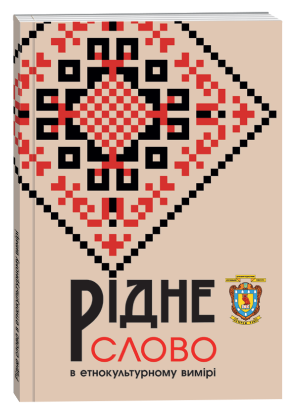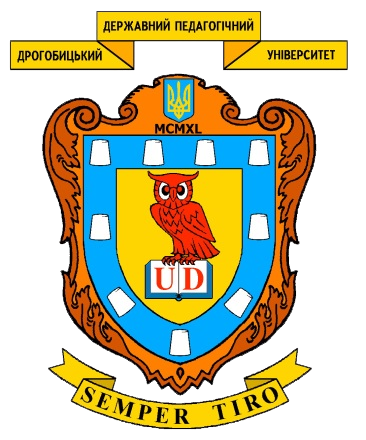THE ANTHROPOCENTRIC DIMENSION OF METAPHOR IN THE WORKS OF WESTERN UKRAINIAN NOVELISTS OF THE 20–30S OF THE TWENTIETH CENTURY
DOI:
https://doi.org/10.24919/2518-1602.2023.11Keywords:
anthropocentrism, metaphor, individual linguistic picture of the worldAbstract
The article analyses the peculiarities of metaphorical comprehension of the world by Western Ukrainian writers (on the example of prose of the 20-30s of the twentieth century). The anthropocentric paradigm has set new tasks in the study of language, the use of new methods of language research, new approaches to the analysis of its units, categories, and rules. Metaphors are a means of creating an individual linguistic picture of the world (as a reflection of the linguistic personality’s linguistic cognitive level), since the individuality of the world picture is manifested in the possibility of free choice of certain linguistic means as dominant and stylistic ones, since each person, especially a writer, has a specific, inherent vision of the world, which is necessarily reflected in the choice of linguistic means. The anthropocentric paradigm necessitates the study of the evolution of the Ukrainian literary language from the standpoint of a fundamentally new view of the Western Ukrainian literary process of the early twentieth century. The study of the linguistic and cognitive level of the linguistic personality of a Western Ukrainian writer shows that the individual linguistic picture of the world of the authors is determined by social, historical, national factors, an objective picture of the world, worldview and philosophical positions of the authors. Metaphor as a stylistic device of extraordinary capacity in the works of Western Ukrainian prose writers develops an independent theme. By personifying the realities of nature, authors of psychological works personify them, giving them the functions of living beings. In this way, they achieve an understanding of the commonality of all living things on earth, their interdependence and interdependence. Nature is a companion of human experiences and suffering. This gives the prose writers’ artistic language a deep lyricism and philosophical sound. Western Ukrainian writers of the early twentieth century became generators of unexpected semantic connotations, figurative and poetic meanings, changing everyday language and ways of perceiving the world, resorting to new means of artistic typification for the psychological characterisation of characters.
References
Бацевич, Ф. С. (2004). Основи комунікативної лінгвістики. Київ : ВЦ «Академія».
Єщенко, Т. (2018). Текстово-антропоцентричний вимір метафори українських поетів 1990-х. Київ : Академвидав.
Пихтовникова, Л. С. (2015). Метафора и метаметафора в немецкоязычном художественном дискурсе: когнитивный и прагмалингвистический аспекты. Харків : ХНУ имени В. Н. Каразина.
Потебня, О. (1985). Естетика і поетика слова. Київ : Мистецтво.
Радзикевич, В. (1947). Історія української літератури. Нова доба. Мюнхен.
Ставицька, Л. О. (1996). Естетика слова у художній літературі 20-30 років ХХ ст. (системно-функціональний аспект) : автореф. дис. ... докт. філол. наук. Київ : Ін-т укр. мови НАН України.







